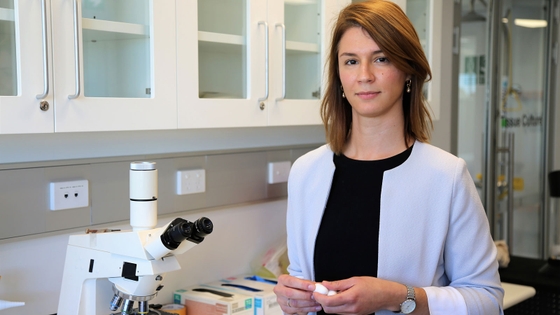Improving clinical outcomes in shock
Dr Jason Bloom, Baker Heart and Diabetes Institute
2020 Health Professional Scholarship
Years funded: 2021-2024
Shock is one of the most challenging clinical management scenarios experienced by clinicians, whether in the pre-hospital setting, emergency department, coronary care or intensive care units. It is a syndrome characterised by an imbalance of oxygen delivery and demand particularly in vital organs, with circulatory and vasodilatory (septic) shock being most common.
Shock is a common clinical problem present in one third of patients admitted to an intensive care unit (ICU). Despite the advances in our ability to support these patients with early identification and treatment of sepsis, effective reperfusion therapy in acute myocardial infarction and appropriate end-organ support in the intensive care, the morbidity and mortality of shocked patients remains incredibly high. In a contemporary European trial examining patients with shock, the 28-day mortality rate was fifty percent. To date, the management of shock has largely been based on broad algorithms rather than patient specific “personalized” approaches.
During my PhD I intend on addressing the following clinical questions:
- In the Australian setting, there is no published data that demonstrates the underlying reason patients present with shock and their clinical outcomes. It is my intention to establish the prevalence, aetiology and clinical outcomes of patients presenting with shock in a contemporary, Australian population.
- Patients with shock may require medications to improve low blood pressure and cardiac output (inotropes or vasopressors). Two commonly used medications are adrenaline and noradrenaline. To date, there has not been a head-head comparison between these two drugs in the pre-hospital setting. This will ultimately lead to new treatment pathways for patients presenting with this clinical condition.
- To explore the pathophysiology of shock in a large animal model, with the intent of developing therapeutic strategies that combine pharmacologic and mechanical support strategies.
You might also be interested in...

Superheroes saving lives: unmasking five Heart Foundation researchers
In this blog, we unmask five Heart Foundation researchers doing out-of-this-world research to save lives from heart disease.

Heart Foundation Research Alumni
The Heart Foundation Alumni will collectively make a positive impact on the cardiovascular health of Australians.

The Global Cardiovascular Research Funders Forum
Founded in 2018, the Global Cardiovascular Research Funders Forum (GCRFF) is an international partnership of major cardiovascular research funders.
Last updated12 March 2024